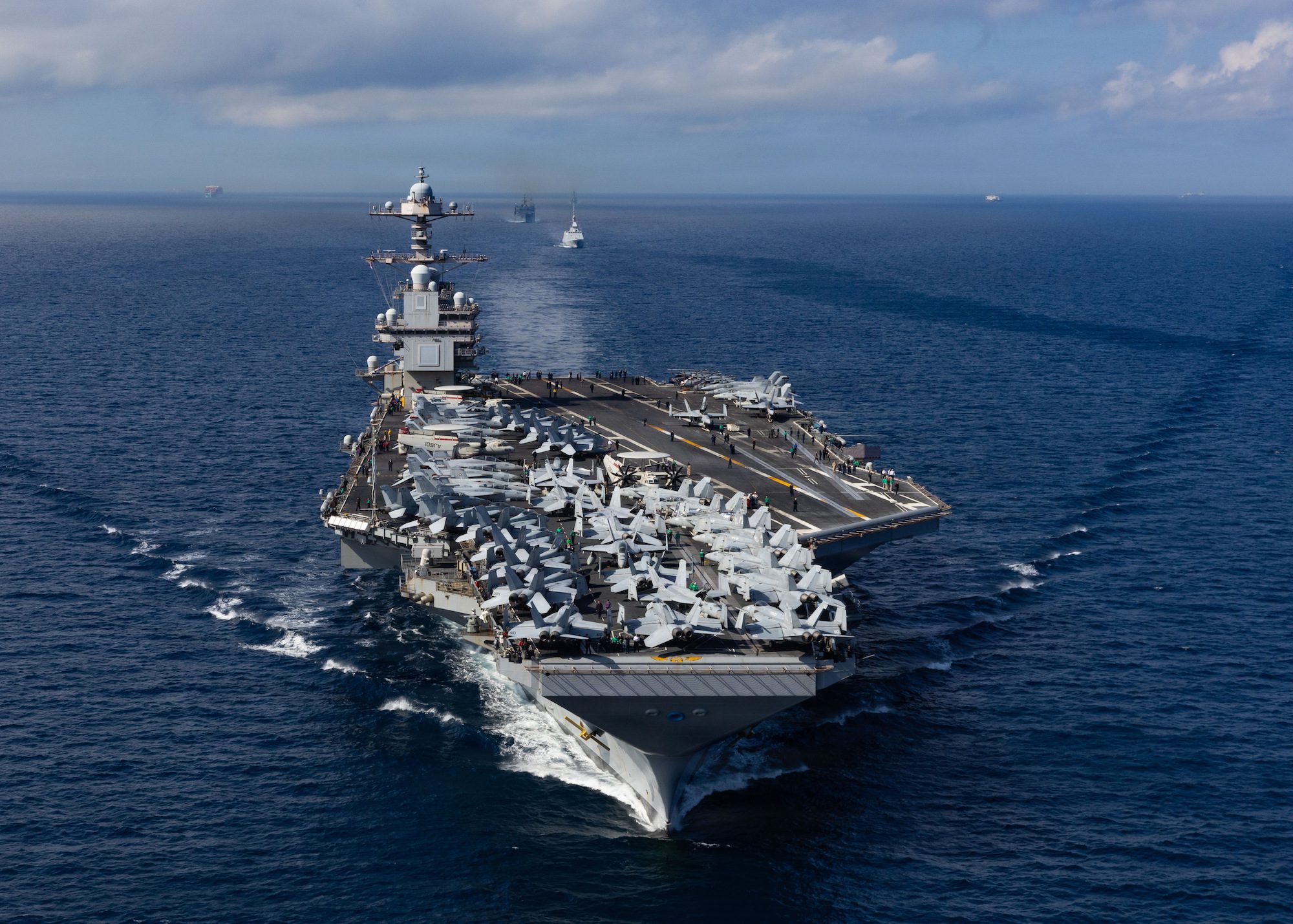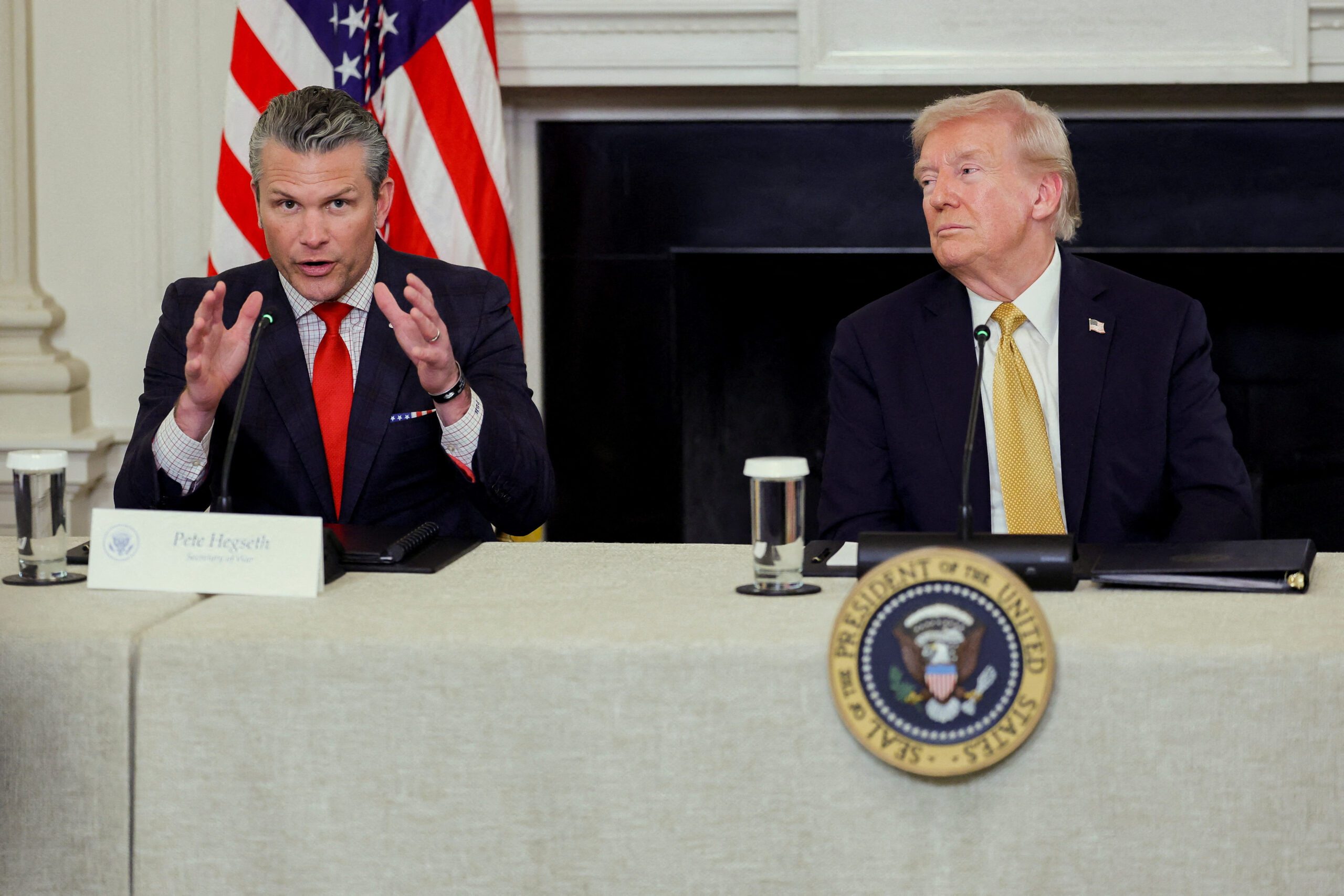 If we’ve learned anything from the economic plight of the last few years, it’s the benefits of legal certainty for economic growth. Yet when small businesses, big industry, environmentalists, government, and military representatives speak in favor of a simple step to create that certainty, there remains a strong, uninformed voice in opposition.
If we’ve learned anything from the economic plight of the last few years, it’s the benefits of legal certainty for economic growth. Yet when small businesses, big industry, environmentalists, government, and military representatives speak in favor of a simple step to create that certainty, there remains a strong, uninformed voice in opposition.
The Convention on the Law of the Sea (UNCLOS) establishes basic rules for delimiting, sharing, protecting, exploiting, and researching the world’s maritime resources. After decades of negotiating UNCLOS provisions, the U.S. is in a strong position to maintain and improve its position on law of the sea issues, but if the U.S. fails to accede to the Convention this year, the consequences for the U.S. economy, the maritime industry, the environment, and for U.S. sovereign interests could be severe. If the U.S. fails to join every other major maritime nation in joining UNCLOS it chances losing its voice in interpreting UNCLOS provisions and also chances unfavorable amendments to existing provisions.
No sector benefits from accession more than the maritime industry. Accession will create stability offshore companies need to ensure that resource extraction on the continental shelf occurs on undisputed territory. It will also ensure that natural resources are extracted in a responsible manner. That is exactly why every sector of maritime industry and political officials from all sides of the political spectrum support accession to the treaty.
In its original form, the Convention posed viable objections for the maritime industry and for American sovereign rights. These objections were expressed by the Reagan administration, prompting U.S. representatives to exert every effort in negotiations to resolve outstanding concerns. In 1994, negotiators were successful in amending the Convention to address every point raised by President Reagan.
Since the Convention opened for signature in 1982, the Senate has had two occasions to consider ascension. During both attempts, the Senate chose not to accede to the treaty because misinterpretations about the convention’s applicability caused confusion. Also, stagnation on law of the sea issues had not yet harmed U.S. interests in a way that is visible to the American public so the Senate adopted the non-adversarial option of not acceding to the treaty. This year, the U.S. no longer has the luxury of assuming that UNCLOS will remain unchanged and binding as a matter of customary international law.
In November, UNCLOS will be open for amendment. If the U.S. isn’t at the negotiating table to assert its interests, it will lose its leadership role on global maritime issues, its ability to claim rights over a continental shelf beyond the Exclusive Economic Zone bigger than Texas, and it will fall victim to efforts by other maritime nations that have sought to restrict military and merchant vessel activity near their coastlines.
Those who argue that customary international law is sufficient to apply the treaty as binding law, ignore the issue of how amendments to the treaty might affect customary law. Also, as Admiral Vern Clark is fond of saying, commanders want the law in black and white when they put their sailors in harm’s way to defend navigational freedoms.
The U.S. is the only country with a permanent seat on the International Seabed Authority (ISA) and that seat gives the U.S. veto power over any decision made by the body. If the U.S. doesn’t accede to the Convention, there is a strong likelihood that it will lose this strategic position. Industry supports the Convention because resources will be fully exploited before companies have to pay royalties to the ISA and in the event that companies must pay royalties, the amount is relatively insignificant.
Almost all business decisions are based on an appraisal of risks and benefits and in the maritime context there can be no greater risk than drilling for oil in disputed territory. As maritime operations look north to consider exploitation of arctic resources, they require confidence that their investment in arctic leases will not be disputed by other arctic countries (all of which are a party to UNCLOS).
As gCaptain announced in March, Shell oil plans to start drilling in the Arctic this summer, so accession to UNCLOS now is not only critical from the standpoint that the U.S. might lose its position to negotiate; accession is also critical to establish a legal framework for companies that are ready to start production in the arctic. For those that are apprehensive about drilling in the arctic, accession is equally important. The treaty’s provision on environmental protection establishes standards for conservation, management, and protection of marine species that ensure regulation is applied consistently across the arctic.
The offshore industry is poised to exploit continental shelf resources starting this summer. With the legal certainty of UNCLOS behind it, the U.S. can expand offshore operations and support functions, creating economic certainty for generations of mariners. Accession also means that the U.S. will leave the ranks of Iran, Syria, and North Korea as one of the few maritime countries not a party to UNCLOS.
The United States fought hard and won significant victories in negotiating UNCLOS. If we fail to accede this year, those victories may be lost forever.
Mass Maritime 2000 graduate, Lieutenant Brendan Sullivan, USCG contributed to this article.

 Join The Club
Join The Club











